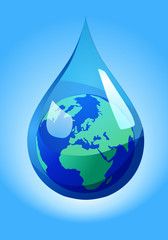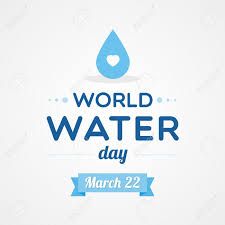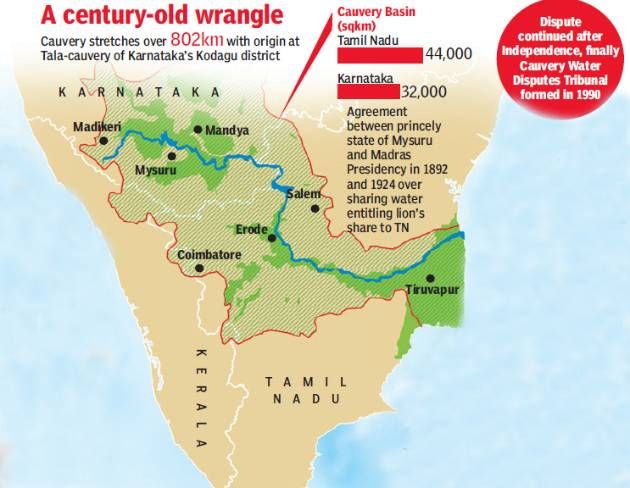Water Disputes Between States
May 26, 2019 • 36 views

Water is an essential aspect of life. It plays an active role. Without water, life is impossible on earth. Every living creature requires water for survival. Consumption of at least a minimum litres of water is very important for effective performance. It is required for not only proper functioning of the body but various activities like in industries, processing,manufacturing, household activity. Even the doctors suggests the intake of a minimum amount of water. Protection of water is of utmost importance. Water pollution is a serious issue which has emerged in recent days and needs immediate care.

Sustainable Development Goal 6 (SDG 6) aims to ensure availability and sustainable management of water for all by 2030. By definition, this means leaving no one behind. In 2010, the UN recognized “the right to safe and clean drinking water and sanitation as a human right that is essential for the full enjoyment of life and all human rights".However many people are left behind and are subject to discrimination of various kinds. The following are some of the grounds for discrimination that cause certain people to be particularly disadvantaged when it comes to accessing water:
Sex and gender
Race, ethnicity, religion, birth, caste, language, and nationality
Disability, age and health status
Property, tenure, residence, economic and social status
Water has become an area of disputes among various nations and states. Water is an important source of electricity and in India it is second largest contributor of electricity after thermal power plants. Article 262 of the Indian Constitution provides a role for the Central government in adjudicating conflicts surrounding inter-state rivers that arise among the state/regional governments. This Act further has undergone amendments subsequently to come with effective rules and regulation. River water use is of state importance and thus placed under state jurisdiction, However, union government can make laws on regulation and development of inter-State rivers and river valleys when of public interest or public interest to be served. President can establish an interstate council to look after the river water disputes to establish peace and order in the nation. Some of the water disputes that are ongoing in India now include the Mahadayi water dispute between Goa, Karnataka and Maharashtra, the Vansadhara Water Dispute between Odisha and Andhra Pradesh,the Krishna Water Dispute between Maharashtra, Karnataka, Telangana and Andhra Pradesh, Cauvery Water Dispute between Kerala, Karnataka, Tamil Nadu and Puducherry and Ravi- Beas Tribunal Between Punjab, Haryana, Rajasthan and Himachal Pradesh.

In the past Narmada water dispute had its own struggle. The Indus treaty between India and Pakistan in 1960 is an example of a successful water sharing dispute resolution. However, the Indus Treaty basically divides the six rivers between the two states, giving absolute right to use waters of Beas, Ravi and Sutlej to India and most of the rights over waters of Chenab, Jhelum and Indus to Pakistan. This was a historic decision.
In the 21st Century on seeing water dispute scenario, we can avoid more disputes and complications by using the available water of our rivers in a more prudent, sustainable and environmentally friendly way, without necessarily involving large dams and diversion structures or interlinking of rivers.
